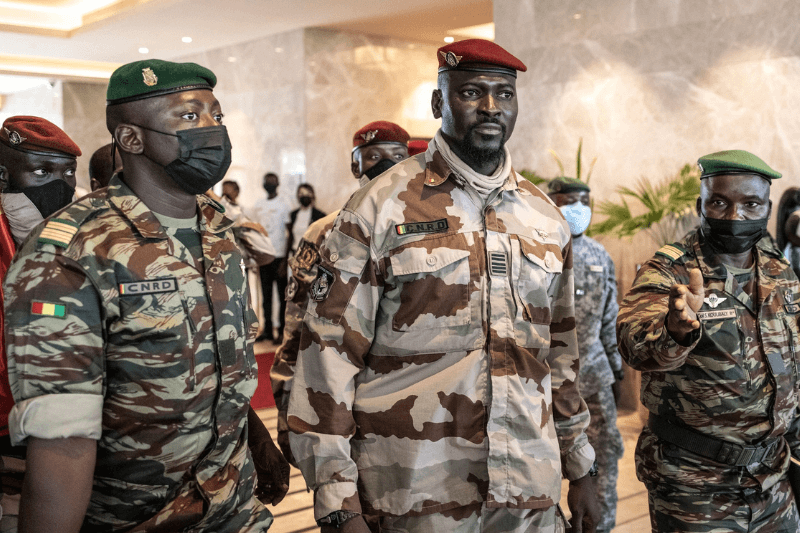The Rising Trend of African Coups
Colonel Mamadi Doumbouya, who assumed power in Guinea following a coup in 2021, spoke at the United Nations General Assembly, shedding light on the recent surge in military takeovers across Africa and emphasizing the need to address their root causes.
The true putschists
Colonel Doumbouya challenged the conventional view of putschists, stating that those who manipulate constitutions to remain in power indefinitely are the real culprits. He urged global leaders to recognize and condemn such actions, highlighting their negative impact on African populations.
Africa’s troubled path
Since 2020, West and Central African nations have witnessed eight military takeovers, including recent ones in Niger and Gabon, raising concerns about the continent’s stability. Doumbouya argued that these coups are responses to broken promises, political lethargy, and leaders’ constitutional manipulations to cling to power, all of which detrimentally affect the people.
Keep Reading
Rejecting Western Meddling
Colonel Doumbouya criticized Western meddling in African political affairs and emphasized that Africans are sick of being stereotyped and subject to outside pressure. He called for Africa to take control of its destiny, asserting that its people are more determined than ever to do so.
Mixed Outcomes of Coups
While some leaders support coups as solutions to long-standing issues, their effectiveness remains in question. The UN reports that the Islamic State group has expanded its territory in Mali, and Burkina Faso’s economic growth declined after experiencing two coups in 2020.
Seeking lasting solutions
Bola Tinubu, President of Nigeria and leader of the ECOWAS regional bloc, emphasized the need for lasting solutions rather than coups. He acknowledged the demand for change but stressed the importance of addressing root problems in a just manner.
In Summary:
Colonel Mamadi Doumbouya’s address to the UN General Assembly sheds light on the surge in African coups, attributing them to broken promises, constitutional manipulation, and political lethargy. He urges global leaders to recognize the real culprits, those who cling to power, and advocates for African self-determination, criticizing Western interference. While some support coups as a means of change, their long-term effectiveness remains uncertain.

